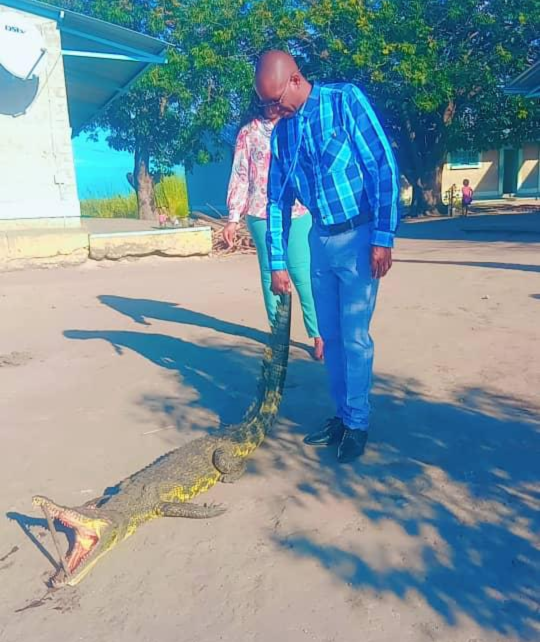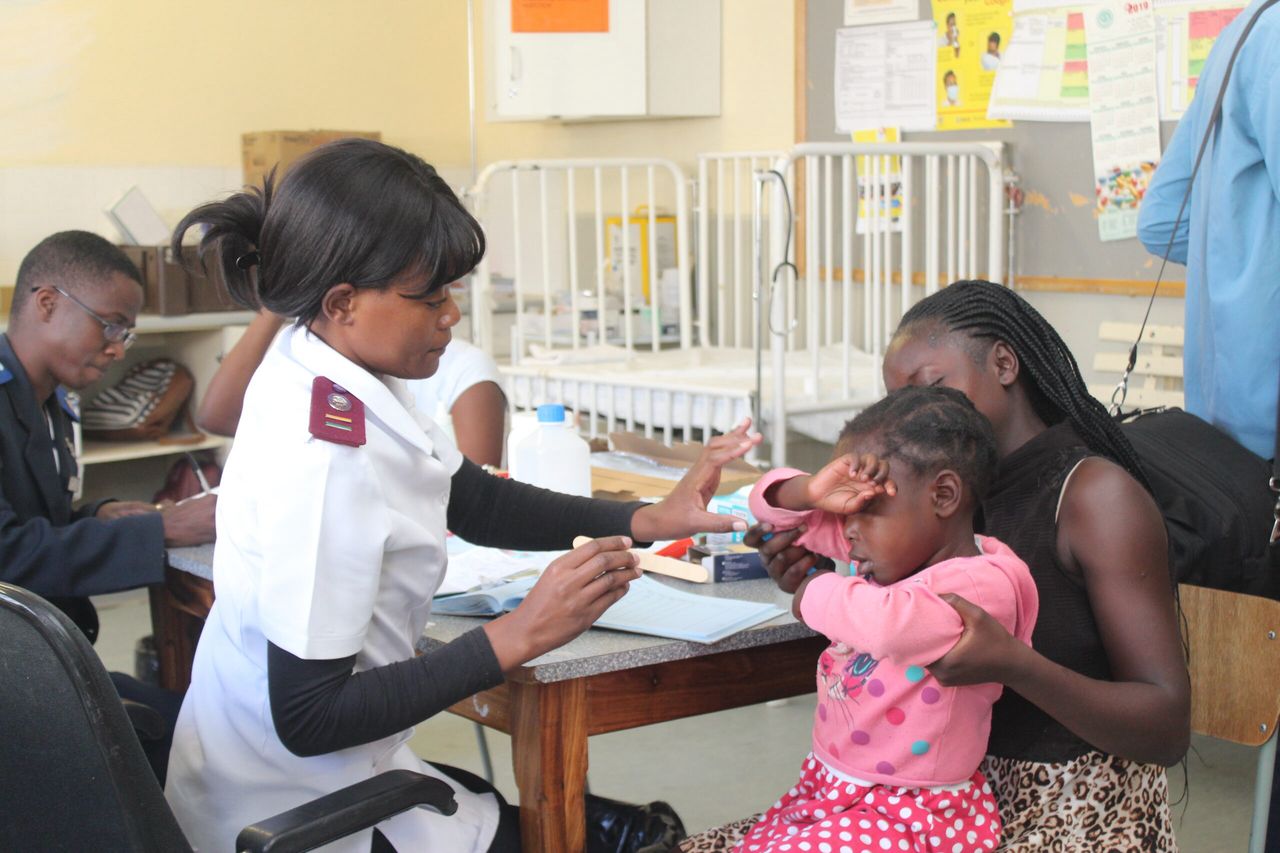The Namibian government has decided not to sign a new 20-year partnership European Union (EU) agreement with the Organisation of African, Caribbean and Pacific States (OACPS).
Deputy prime minister and minister of international relations and cooperation Netumbo Nandi-Ndaitwah announced the country’s stance in the National Assembly yesterday.
“A decision was taken that the government of the Republic of Namibia will not sign the new partnership agreement between the OACPS and the member states of the EU and the EU commission in its current form,” she said.
The new EU partnership agreement this week gained public attention after activist Job Amupanda posted it on social media, labelling it as “secretive and unfavourable”, urging the government not to sign it.
Nandi-Ndaitwah said the attorney general in 2021 flagged some issues/prescriptive provisions that impose certain actions that are not in line with the Namibian Constitution, its legal framework, or its international relations and cooperation policy.
These concerns were communicated to the EU in February 2022.
However, as the signing ceremony for the new agreement on 14 November draws near, Nandi-Ndaitwah said these concerns have remained unaddressed.
Among the issues raised is the absence of a glossary of terms or a definitions section within the agreement, which is crucial to ensuring a shared understanding of terms among all parties involved.
Additionally, the agreement makes reference to a commitment to the full and effective implementation of future outcomes of Beijing and the International Conference on Population and Development review conferences.
Nandi-Ndaitwah said this commitment could potentially bind signatory countries to processes and outcomes which cannot currently be predicted.
She said the EU unilaterally removed the provisions for declarations in Article 6 of the new agreement, even after negotiations were closed.
“Additional aspects of the new partnership agreement also raised some concerns, in particular Article 97, which states that ‘no treaty, convention, agreement or arrangement of any kind between one or more member states of the EU and one or more OACPS members shall impede the implementation of this agreement’,” Nandi-Ndaitwah said.
The agreement is a framework used by EU member countries to guide free trade partnerships it enters into with these 79 African, Caribbean and Pacific countries.
It was first signed by these countries in 2000, and was expected to be renegotiated and signed in 2019, but faced delays such as the Covid-19 pandemic.
Gosia Lachut, the EU charge d’affaires, has acknowledged Namibia’s decision to not sign the new agreement.
“The EU takes note of the decision as announced by the minister’s statement,” Lachut said on Tuesday.
Speaking to The Namibian earlier this week, she said the new partnership agreement is embedded in the spirit of partnership.
“Various countries may have various levels of engagement. Namibia is currently well positioned to benefit from this framework,” Lachut said.
Meanwhile, Amupanda has raised concerns about specific clauses within the agreement, such as the provisions obligating signatory states to facilitate unimpeded capital transfers by the European Investment Bank from these states to any destination, and for OACPS countries to recognise and enforce judgements from the Court of Justice of the EU.
FUTURE EU RELATIONS
Nandi-Ndaitwah said Namibia has longstanding diplomatic relations with the EU and recently entered into new green hydrogen and critical raw materials deals with the union and its member countries.
“Namibia will therefore continue to have friendly relations and enjoy cooperation with the EU and its member states in various sectors through other frameworks and arrangements, including in the area of trade, climate change, water, energy, good governance, education, environmental management, democracy, rural development, agriculture, and development cooperation,” the prime minister said.
NO SECRECY
On Tuesday, Lachut clarified that the agreement in question was initially established in 2000 for a 20-year term.
The agreement has been undergoing renegotiation since 2019, with a renewed agreement expected to be signed on 14 November in Samoa.
“Let me first make it very clear that there is no secrecy in this agreement, which has been negotiated over a long period since 2019, through the OACPS Secretariat, the negotiating team of the OACPS, including Namibian government representatives,” Lachut said.
On Tuesday, mines and energy minister Tom Alweendo also confirmed that negotiations for the new agreement took several years and a new agreement was initialed in 2021.
“This agreement was reviewed at the behest of the African, Caribbean and Pacific countries because they felt that it didn’t work as it was intended. This is not a secret agreement; nor is it between the EU and Namibia, but between the EU and 79 African, Caribbean and Pacific countries,” Alweendo said.
Stay informed with The Namibian – your source for credible journalism. Get in-depth reporting and opinions for
only N$85 a month. Invest in journalism, invest in democracy –
Subscribe Now!










